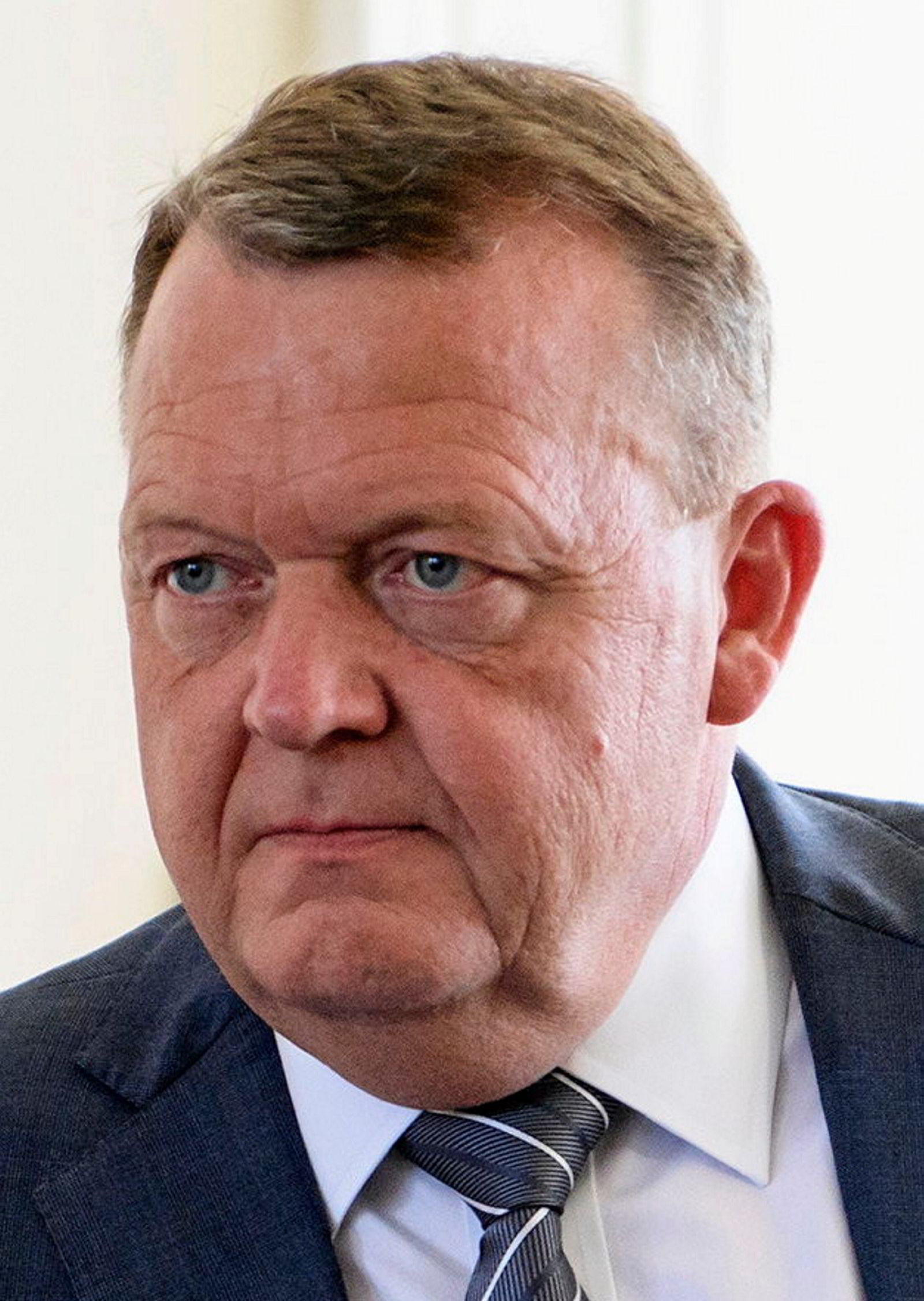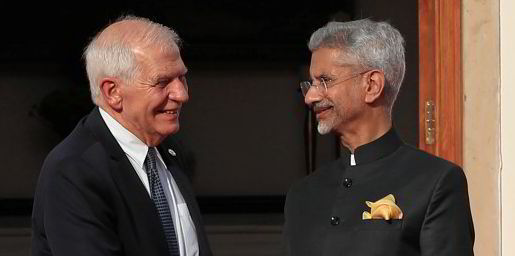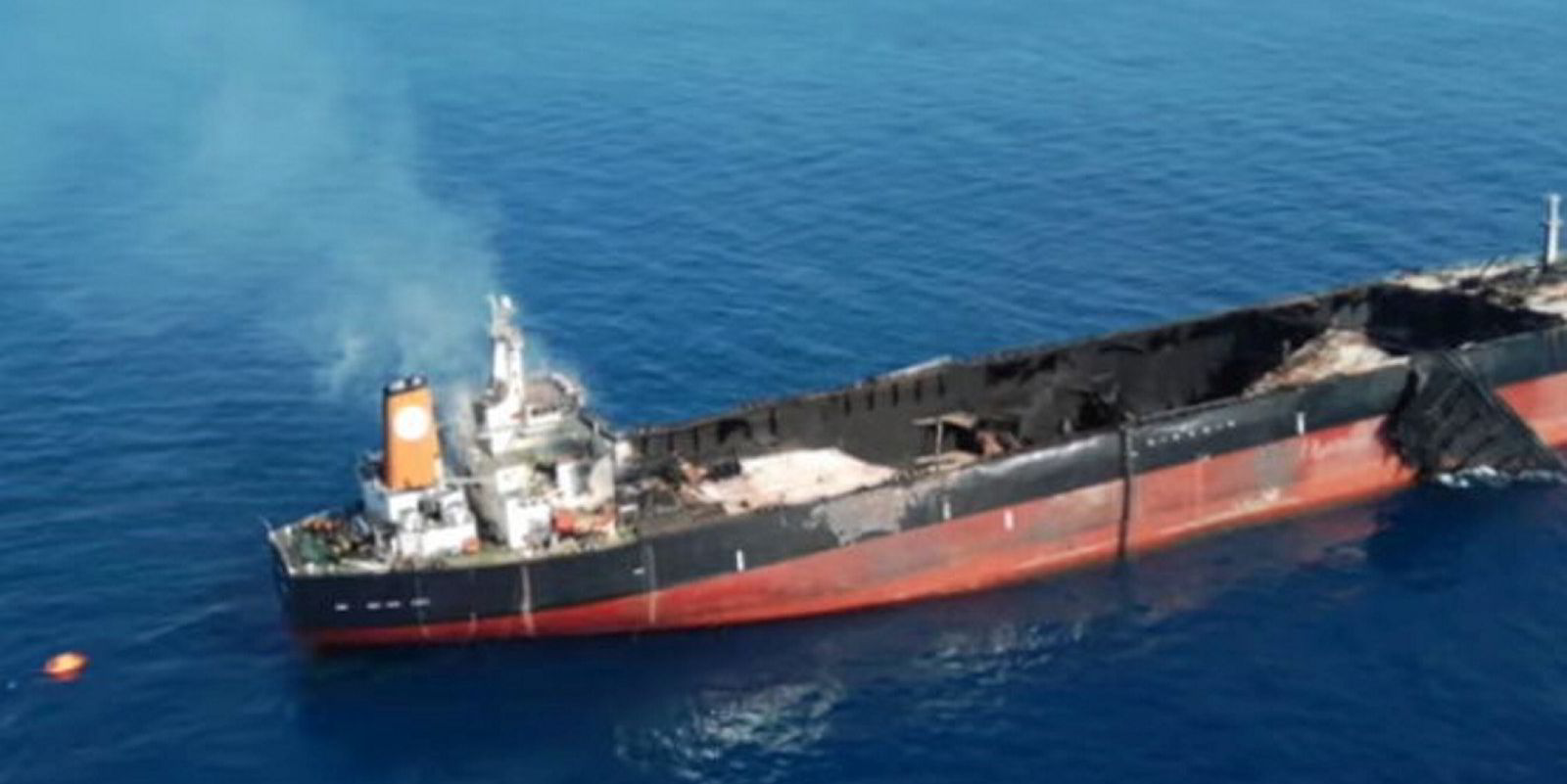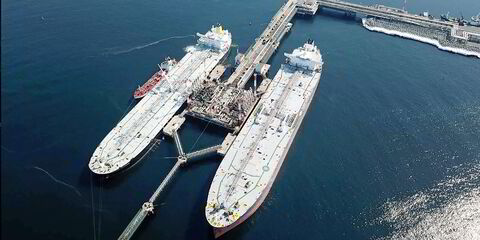The European Union’s foreign policy chief has called for action to limit imports of refined products that originated in Russia.
Josep Borrell claimed that the sale into the EU of diesel and gasoline refined in India from oil pumped in Russia is a “circumvention of sanctions”.
If the EU followed through on Borrell’s comments to the Financial Times, it would represent a fundamental shift from the sanctions and oil price programme first agreed by the G7 group of nations and the EU last year.
The rules say the substantial processing of Russian crude outside of the country in effect severs the link with Russia and means those products are not subject to the import ban on Russian oil products imposed by the EU on 5 February.
The ruling has driven record Indian imports of Russian crude for processing and re-export to European nations, which remains legal and within sanctions regulations.
But the EU has come under pressure from campaign groups and nations that want tighter restrictions on Moscow’s fossil fuel sales.
India has increased by about one-third its daily exports of diesel and jet fuel to Europe to 200,000 barrels per day (bpd) since 5 February, Reuters reported.
The policy has also contributed to oil travelling further distances, boosting tonne-miles for the clean and dirty tanker trade.
European shipowners can continue hauling Russian crude and products to third countries outside of the EU as long as the sale price is below $60 per barrel for crude and $100 and $45 per barrel for premium and discount refined barrels.
The G7, led by the US, had pushed for the price cap scheme to be brought in to curb the impact of the European import and services ban, which it feared would limit global supplies and drive prices upwards.
The architects of the scheme claim it has been successful in keeping supplies steady while cutting proceeds from Russian fossil fuel sales.
Borrell told the newspaper that it was “normal” for India to buy cheaper Russian oil and welcomed lower proceeds for Moscow.
However, he added: “But if they use that in order to be a centre where Russian oil is being refined and by-products are being sold to us … we have to act.
Sanctions circumvention
“If diesel or gasoline is entering Europe . . . coming from India and being produced with Russian oil, that is certainly a circumvention of sanctions and member states have to take measures.”
Denmark’s foreign minister made similar statements this month following a report by Finland’s Center for Research on Energy & Clean Air criticising the triangular trade.
“There is no doubt in my mind that the next step in the EU’s sanctions must be an even stronger focus on countering the sanctions being circumvented,” said Lars Lokke Rasmussen.

India went from buying little Russia oil before the war in Ukraine to vying with China as the largest importer following the invasion.
India accounted for nearly 40% of Russia’s 5.2m bpd of crude exports in May, according to the International Energy Agency.
Exports of Urals crude from Baltic and Black Sea ports have generally traded below the price cap since the start of the European import ban. In the past two months, India has boosted its purchases of ESPO grades from Russia’s Far East, which have generally traded above the cap.
Despite vigorous diplomatic efforts, India said it would not join the price cap scheme because it saw cheap oil as a way to tackle inflation.
Borrell said he would raise the issue during a meeting on Tuesday with India’s foreign minister Subrahmanyam Jaishankar.




